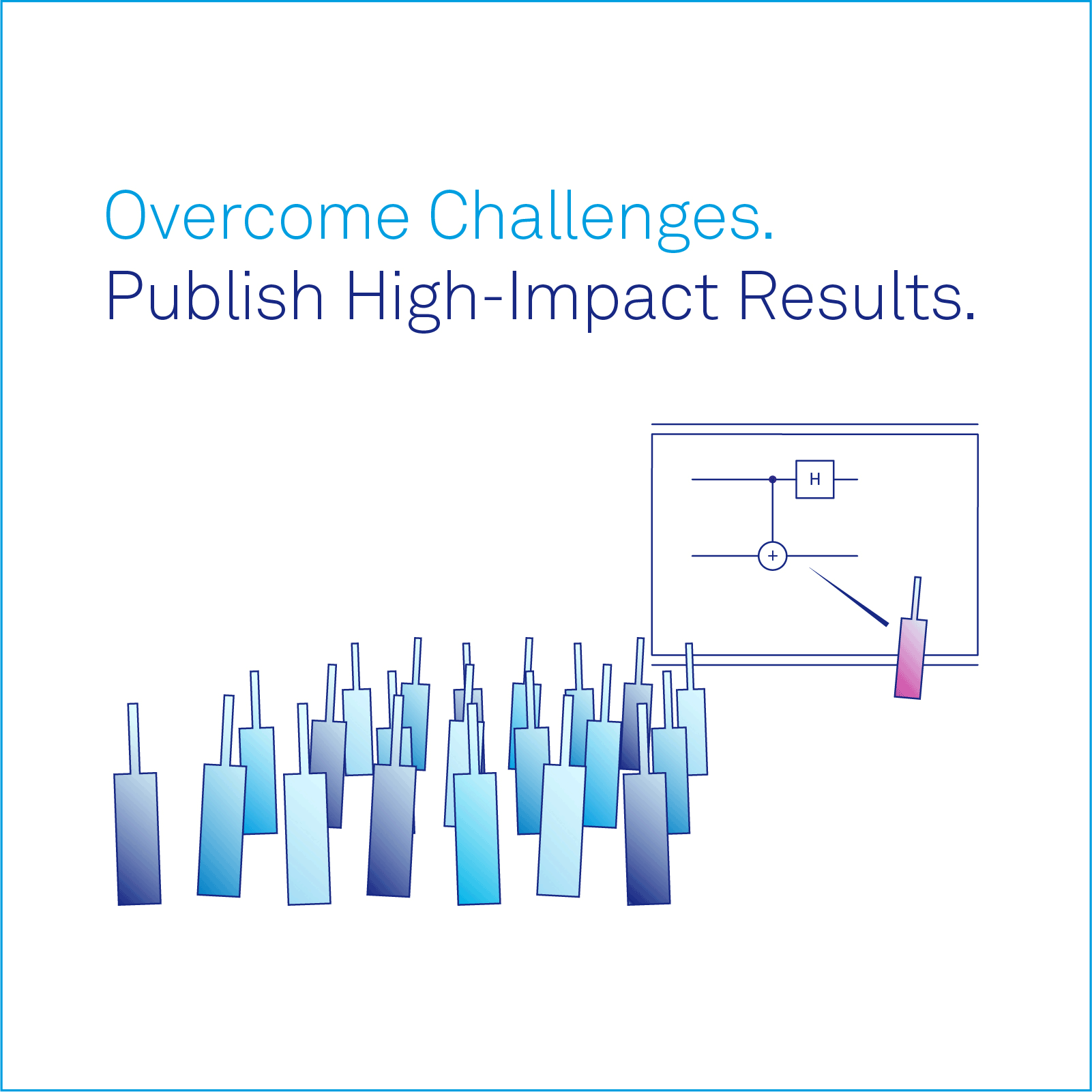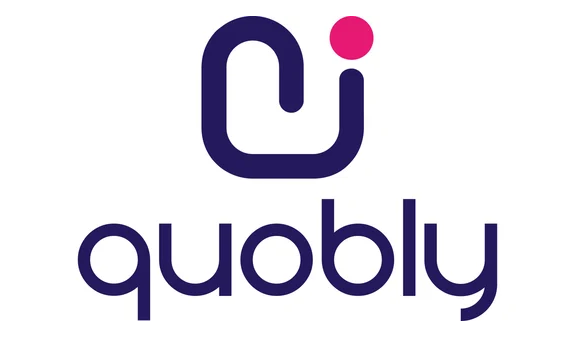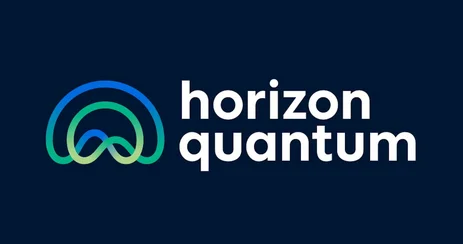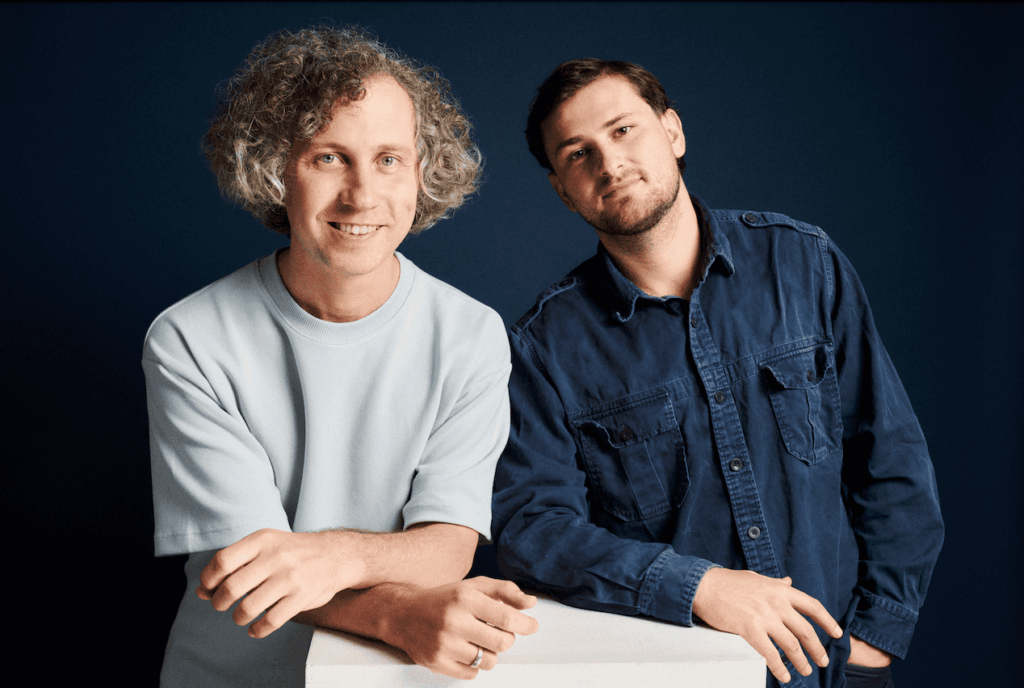Insider Brief
- Five French quantum computer-research startups were awarded contracts to develop two universal quantum computer prototypes by 2032.
- France’s defense-procurement agency selected Alice & Bob, C12, Pasqal, Quandela and Quobly for the project.
- The agency will invest up to €500 million (about US$545 million) in the project.
- Image: Bob47/Wikimedia
France’s defense-procurement agency announced the awarding of contracts to five French computer-research startups, aimed at developing technology to create two universal quantum computer prototypes by 2032, according to C4ISNET. This initiative is an example of France’s ambition to harness quantum systems for defense applications, with a total investment of up to €500 million (or about US$545 million) set aside for the project, the media outlet reports.
The startups selected—Alice & Bob, C12, Pasqal, Quandela, and Quobly—have been identified as key players in the pursuit of quantum advantage, which involves leveraging the principles of quantum physics to solve complex problems more efficiently than classical computers can. This initiative aligns with President Emmanuel Macron’s national quantum strategy announced three years prior, aiming to fortify France’s sovereignty in the cutting-edge field of quantum computing.
According to a statement from the Armed Forces Ministry, emailed March 6, quantum technology is pivotal for national defense, with prospective applications in areas such as cryptography and communications. The ministry highlighted the potential of this emerging technology to revolutionize the perception of our environment, enhance material discovery, innovate information transmission methods, and provide more secure, less vulnerable navigation solutions.

“Quantum technology is of major importance to the Armed Forces, with potential applications in cryptography or in communications. The revolution underway will allow us to perceive our environment with unprecedented precession, discover new materials, explore new ways of transmitting information, navigate there where the GPS network is inaccessible,” according to the statement, as reported by the defense and military intelligence publication.
The Defense Digital Agency (AND), which operates under the procurement agency, will oversee the program to develop quantum computer prototypes. This initiative builds on France’s announcement two years ago that the nation would build a hybrid quantum computing network designed to bridge traditional computing systems with quantum computers, thereby facilitating access for research institutions, startups, and industry partners.
The five startups involved in the project are recognized for being pioneers in quantum computing and quantum technologies, in general. However, the ministry noted that it is premature to predict which among them will successfully overcome the hurdles related to engineering, manufacturing, and industrialization. To address this uncertainty, the partnership is structured as a three-phase competition encompassing proof of concept, maturation and ultimately, industrialization.
Four years into the program, the three most promising projects will be selected to advance the development of scalable logic qubits, C4ISNET reports. At the eight-year mark, the competition will narrow down to two technologies, focusing on evolving from prototype computers capable of 128 logic qubits to commercial systems aiming for 2,048 qubits, ready to meet the needs of their initial customers. This structured approach reflects France’s commitment to leading in the quantum computing domain, potentially reshaping its defense landscape in the coming decades.
If you found this article to be informative, you can explore more current quantum news here, exclusives, interviews, and podcasts.


















